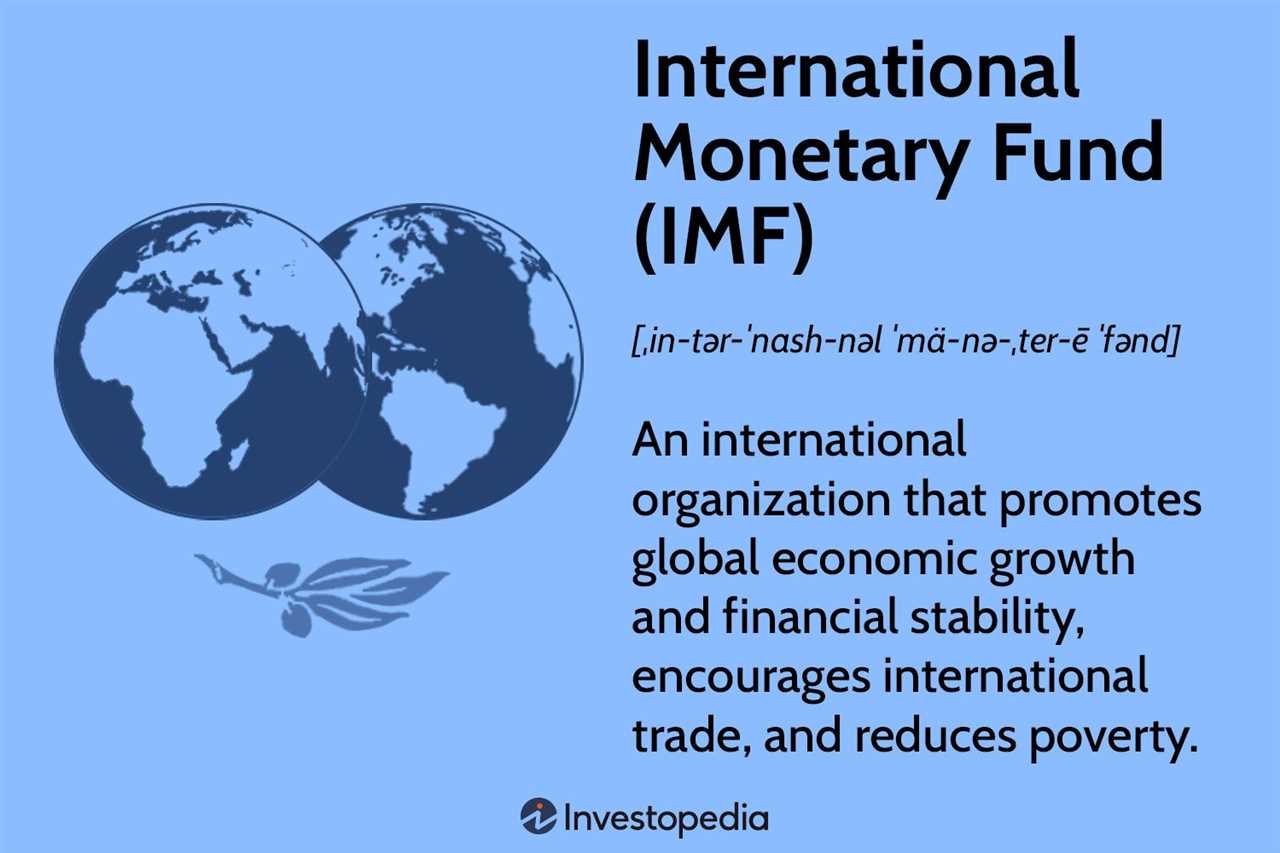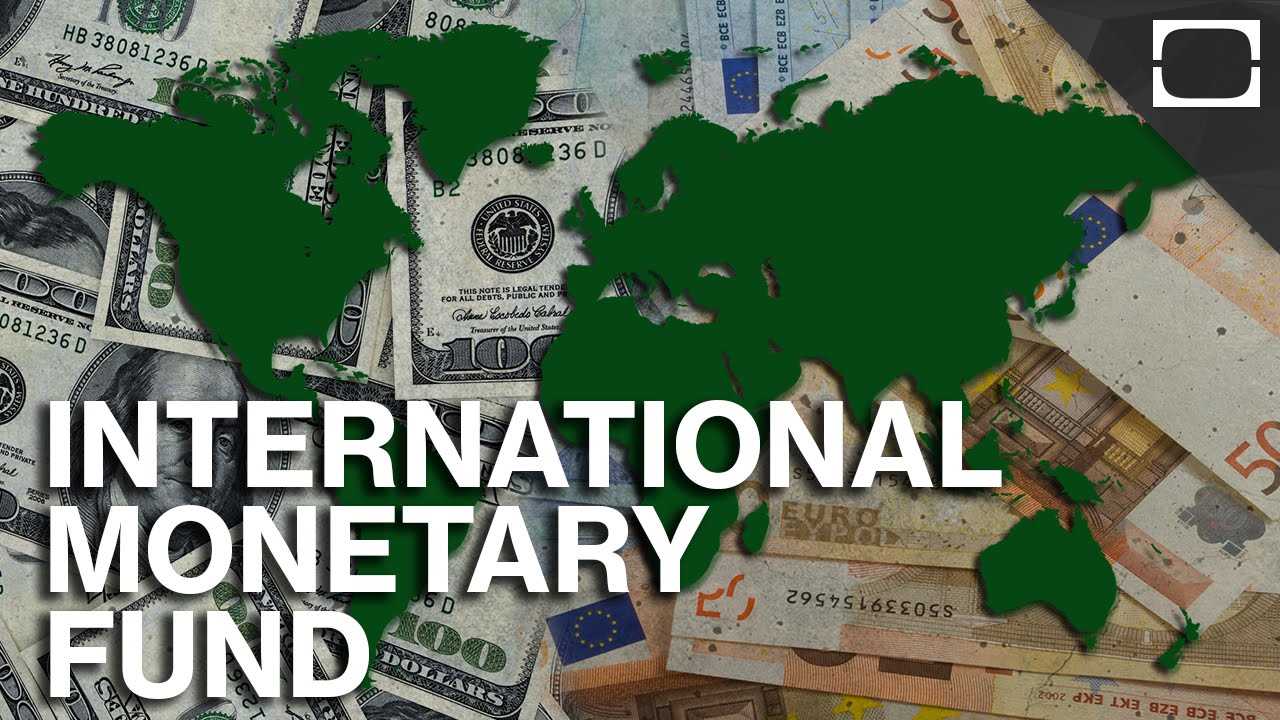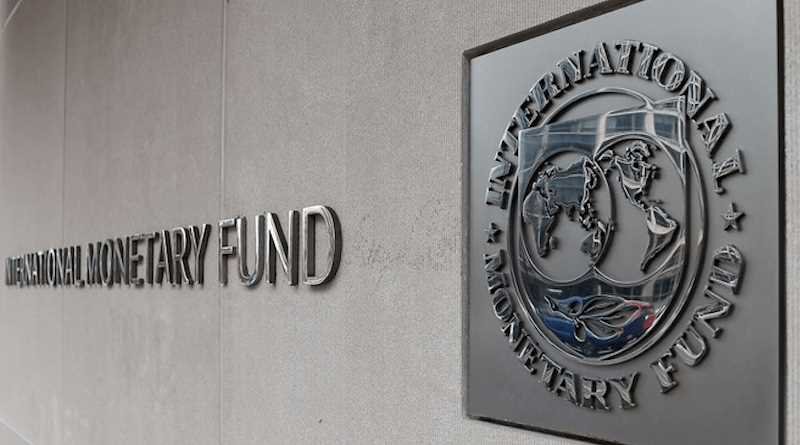International Monetary Fund (IMF): Overview and Role in Global Economy

The International Monetary Fund (IMF) is an international organization that works to promote global monetary cooperation, secure financial stability, facilitate international trade, promote high employment and sustainable economic growth, and reduce poverty around the world. It was established in 1944 at the Bretton Woods Conference, along with the World Bank, with the goal of preventing another global economic crisis like the Great Depression.
The IMF serves as a forum for member countries to discuss and coordinate their monetary policies and address global economic issues. It provides financial assistance to countries facing balance of payments problems, helping them stabilize their economies and implement necessary reforms. This assistance comes in the form of loans and policy advice.
Key Functions of the IMF:

1. Surveillance: The IMF monitors the global economy and provides regular assessments of member countries’ economic and financial policies. It conducts in-depth analysis of economic developments, identifies risks and vulnerabilities, and offers policy recommendations to promote stability and growth.
2. Financial Assistance: The IMF provides financial support to member countries experiencing balance of payments difficulties. This assistance helps countries address short-term liquidity problems and implement necessary reforms to restore stability and promote sustainable growth.
3. Technical Assistance and Capacity Development: The IMF offers technical assistance and training to member countries to help them strengthen their economic institutions and build capacity in areas such as fiscal management, monetary policy, financial sector regulation, and statistics.
Role in the Global Economy:
The IMF plays a crucial role in the global economy by promoting financial stability, facilitating international trade, and supporting economic growth. It acts as a lender of last resort, providing emergency financing to countries in crisis and helping to prevent contagion effects that could spread across borders.
The IMF also plays a key role in promoting international cooperation and coordination on economic policies. It provides a platform for member countries to discuss and address global economic challenges, such as exchange rate fluctuations, capital flows, and financial crises.
Furthermore, the IMF works to promote sustainable economic growth and reduce poverty through its policy advice and technical assistance. It helps countries implement structural reforms, improve governance and transparency, and create a favorable environment for investment and economic development.
What is the International Monetary Fund (IMF)?
The International Monetary Fund (IMF) is an international organization that aims to promote global monetary cooperation, secure financial stability, facilitate international trade, promote high employment and sustainable economic growth, and reduce poverty around the world. It was established in 1944 at the Bretton Woods Conference, along with the World Bank, to address the economic challenges faced by countries after World War II.
The IMF serves as a forum for member countries to discuss and coordinate their monetary policies, exchange rate arrangements, and financial assistance programs. It provides financial assistance to member countries facing balance of payments problems, helping them stabilize their economies and implement necessary reforms.
Membership and Governance

The IMF is governed by its Board of Governors, which consists of representatives from each member country. The Board of Governors meets once a year to discuss the IMF’s policies and activities. The day-to-day operations of the IMF are managed by its Executive Board, which is composed of 24 Executive Directors representing different groups of member countries.
Functions and Activities
The IMF carries out several key functions and activities to fulfill its mandate:
- Surveillance: The IMF monitors the global economy and provides regular assessments of member countries’ economic and financial developments. It issues reports and recommendations to help countries address vulnerabilities and risks.
- Financial Assistance: The IMF provides financial assistance to member countries facing balance of payments problems. This assistance is typically in the form of loans with conditions attached, aimed at promoting economic stability and structural reforms.
- Technical Assistance and Capacity Development: The IMF provides technical assistance and training to member countries to help them strengthen their economic institutions and policies. This includes advice on macroeconomic management, fiscal policy, monetary policy, and financial sector regulation.
Role of the IMF in the Global Economy
The International Monetary Fund (IMF) plays a crucial role in the global economy by promoting international monetary cooperation, ensuring financial stability, and providing financial assistance to member countries facing economic difficulties. The IMF’s primary objective is to maintain global economic stability and prevent financial crises.
One of the key roles of the IMF is to provide financial assistance to member countries that are experiencing balance of payments problems. This assistance can come in the form of loans or credit arrangements, which help countries stabilize their economies and restore confidence in their financial systems. The IMF also provides policy advice and technical assistance to help countries implement necessary economic reforms.
In addition to providing financial assistance, the IMF also monitors global economic developments and conducts regular assessments of member countries’ economies. Through its surveillance activities, the IMF identifies potential risks and vulnerabilities in the global economy and provides recommendations to address them. This helps to prevent and mitigate financial crises, as well as promote sustainable economic growth.
The IMF also plays a role in promoting international monetary cooperation and coordination. It provides a platform for member countries to discuss and coordinate their monetary policies, exchange rate arrangements, and financial regulations. This helps to foster stability in the global financial system and reduce the risk of currency and financial market volatility.
Furthermore, the IMF works to enhance the transparency and accountability of its member countries’ economic policies and financial systems. It encourages countries to adopt sound macroeconomic policies, strengthen their financial sectors, and improve their governance and transparency standards. This helps to build investor confidence and attract foreign investment, which can contribute to economic growth and development.
In summary, the IMF plays a vital role in the global economy by promoting international monetary cooperation, ensuring financial stability, providing financial assistance, conducting economic surveillance, and fostering transparency and accountability. Its efforts contribute to maintaining a stable and prosperous global economic environment.

Emily Bibb simplifies finance through bestselling books and articles, bridging complex concepts for everyday understanding. Engaging audiences via social media, she shares insights for financial success. Active in seminars and philanthropy, Bibb aims to create a more financially informed society, driven by her passion for empowering others.
